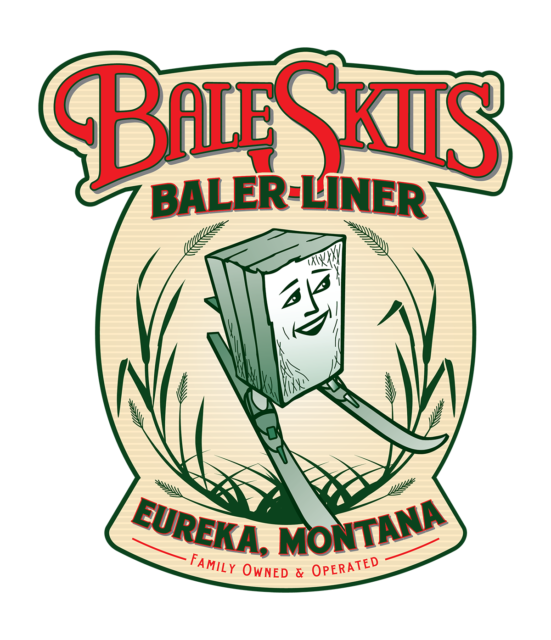It seems animal agriculture regularly comes under fire these days.
It’s easy to find a negative story about farm animal treatment, a “study” pointing to the adverse impact cows have on the environment, a TV personality touting the dangers of consuming animal proteins or a restaurant chain making claims about why their food is better because the animals it came from were “responsibly raised.”
When I see stories and claims like these, it makes my blood boil. I know they’re full of inaccurate information, most likely written by someone who has never set foot on a farm, has a specific agenda, is trying to scare consumers into purchasing their product or has a goal of raising money to “protect” animals.
What do I as a dairy producer do when someone attacks animal agriculture? As author of “The Dairy Mom” blog, a participant in social media and a host to hundreds of visitors at our dairy, I’ve had some experience dealing with negative stories, videos and comments.
These are the steps I take when someone attacks animal agriculture:
1. Go to the source
2. Collect the facts
3. Share my thoughts
Go to the source
I go to the source to read the article or watch the video for myself so I can generate an accurate response. Equally as important as reading the story or watching the video is reading the comments. This is were the real discussion takes place. How are others responding?
I try to learn something about the person or organization who published the story or video. What is their motive? Do they have a specific agenda? I find there are three types of people who comment: Those who don’t like animal agriculture and have their mind made up, those who are genuinely curious about something we do and have a legitimate question, and those who support farmers and animal agriculture.
Collect information and facts
I search to see if I can find dairy farmers who have responded to the article or video. What can I offer in addition to what has already been said? I use examples and photos from my farm, links to blog posts I’ve written or links to other blogs and websites. I source credible, factual, third-party websites.
Share my thoughts
I try to establish a positive and respectful tone. As difficult as it may be, I try to take the high road. When I started blogging, I handled negative comments by firing back. I was thinking, “How dare someone attack what we do on our farm!” With more experience, I’ve learned that’s not the best way to respond.
I share my experiences and defend what I know. I am an expert about what happens on my farm, so I reference that. I respond with a balance of facts and feelings. I try to be firm and respectful. People can dispute facts but can’t dispute feelings. I always use my name when I respond. I never make a comment anonymously. I believe it’s important to own what you say.
The ultimate goal
As a food producer, I want to address people’s concerns, share what we do on our farm and explain why. I want to make people feel good about purchasing dairy products for their family. I want to assure the public we pamper our cows and calves.
That we have measures in place to ensure no milk contains antibiotics and all milk contains the same natural hormones it has contained for centuries. I want people to know our goal is to use fewer resources – less water, land and cattle. I strive to earn trust.
Everyday life on a farm is not always perfect. Life and death happen, sometimes animals get sick, equipment breaks down, and we worry about input costs and milk price.
I believe the majority of the people in this country are reasonable and have common sense when it comes to food animal production. The vast majority of Americans eat meat and dairy, and they know the source of this food is animals.
I want people to know we are confident in how we operate our farm. We have experience, education and family backgrounds that have led us to operate a dairy. We are professional dairy farmers.
I’ll listen, answer questions and have dialogue. I will even show people; I host hundreds of visitors on our farm annually. I will not apologize for what we do. I will not say I’m going to change a production practice just because a small group of people, who have little to no experience on a farm, want me to. We sleep well at night knowing we’re doing the best possible for our animals.
I use facts, science, common sense, personal experiences and passion. In today’s society of political correctness and bowing down to appease the loud minority, I believe people appreciate real and honest dialogue. PD

-
Brenda Hastings
- Dairy Producer
- Hastings Dairy, Ohio






